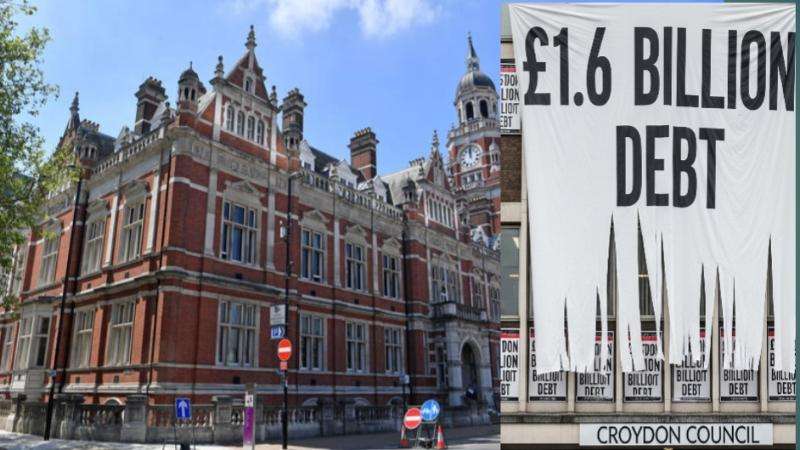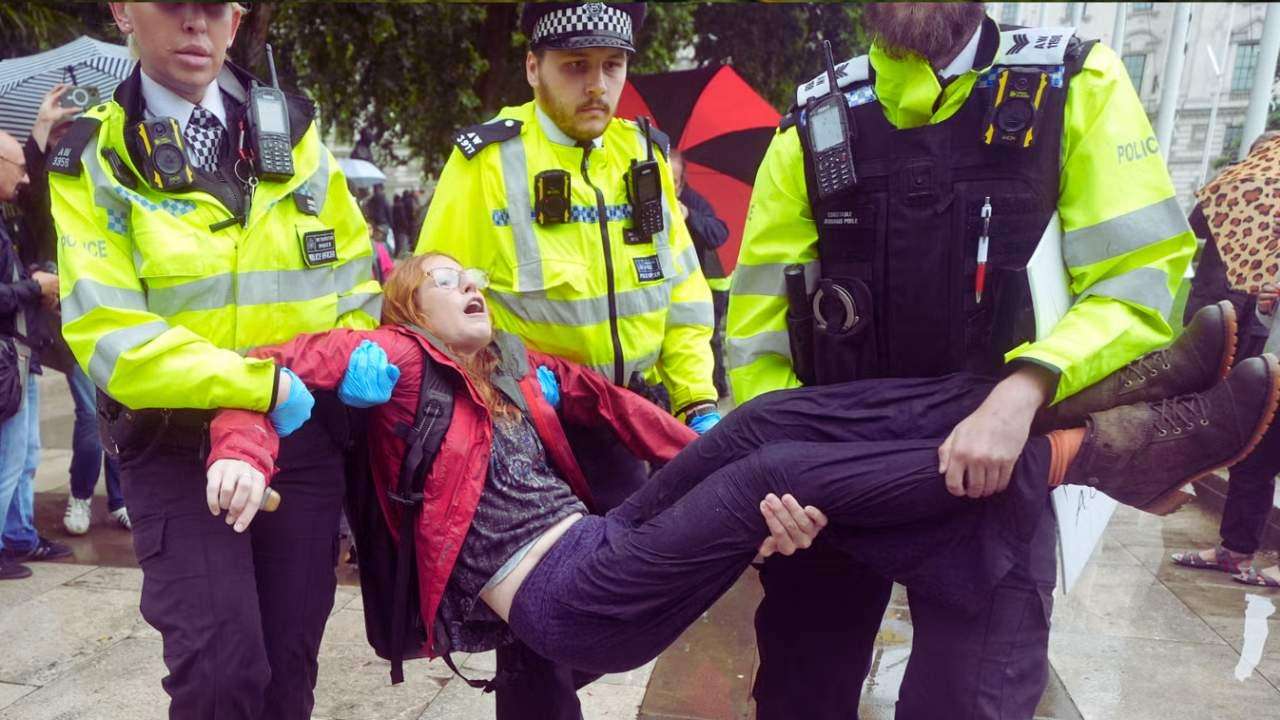The government has significantly tightened its grip on Croydon Council, dispatching a team of four commissioners with sweeping powers to take direct control of the borough's deeply troubled finances and governance. This drastic measure, announced on Thursday, July 17, 2025, arrives amidst strong protests from Mayor Jason Perry, who maintains his administration is not failing, Daily Dazzling Dawn understands.
This move marks an escalation in central government's oversight of the South London borough, which has been grappling with financial instability for several years. Jim McMahon, the Minister for Local Government, confirmed the intervention, citing Croydon's "rapidly deteriorating" financial position and its failure to meet its legal Best Value Duty.
Commissioners Take the Helm Amidst Financial Chaos
The newly appointed commissioners – Gerard Curran as lead, alongside Debra Warren, Jackie Belton, and Councillor Abi Brown OBE overseeing political and governance aspects – will wield direct authority to supervise, challenge, and even override critical decisions concerning the council's leadership, financial management, and senior appointments. While elected councillors will retain their positions, their powers will be substantially curtailed.
This dramatic step follows a stern warning last month from Mr McMahon, who emphasized the necessity of a "short, sharp reset" to avert another financial crisis. The intervention is slated to last for up to two years, with a review scheduled after 12 months. Adding to the borough's woes, Croydon Council will also be required to bear the cost of this central government oversight.
Mayor Perry's Defiance Contrasts with Dire Financial Realities
Despite Mayor Jason Perry, a Conservative, vehemently opposing the intervention – labelling it "the wrong decision for Croydon and its residents" – the borough's financial outlook remains grim. He criticised what he perceives as an inconsistent approach compared to interventions in other councils and reiterated his commitment to challenging any decisions that might "destroy vital local services or impose further Council Tax increases above the Government cap."
However, the council's financial reality starkly contradicts the Mayor's assertions of significant progress since his election in 2022. Figures released just this week revealed the council overspent its budget by a staggering £30 million in the last financial year (2024/2025). To remain solvent, it required £136 million in exceptional financial support for the current financial year. The borough is also crippled by a colossal £1.6 billion in legacy debt, with an annual expenditure of £70 million solely on servicing this debt. Projections now indicate the council's general fund debt could soar to over £1.9 billion by 2029.
Croydon has been under the scrutiny of the Government's Improvement and Assurance Panel (IAP) since it first issued a Section 114 bankruptcy notice in 2020. Yet, Mr McMahon's recent report pointed to a "lack of urgency" during that oversight period and warned that the council's ongoing reliance on emergency financial support, totalling £553 million since 2021, is "unsustainable."
A Broader Picture of Local Government Strain: London's Varied Fortunes
The government's decisive action in Croydon is part of a wider landscape of financial pressures and interventions affecting English local authorities. Jim McMahon's announcement this Thursday also confirmed extended intervention in Thurrock Council, where commissioners will continue overseeing its recovery from significant financial mismanagement for another three years until April 2028.
Updates were also provided on Best Value Duty oversight for other councils. Dudley Metropolitan Borough Council has been issued with a Best Value Notice on July 17, 2025, due to ministerial concerns about its capacity to comply with best value duty, particularly regarding financial sustainability and budget management. This notice will be reviewed in 12 months. In stark contrast, Liverpool City Council has received praise for demonstrating "significant and substantial improvement" since its statutory intervention concluded in June 2024, now deemed capable of leading its own recovery.
Across London, other boroughs also navigate challenging financial waters, albeit without the direct commissioner intervention seen in Croydon or Thurrock. Newham Council recently made headlines after its chief executive received a payout exceeding £230,000 following a sudden resignation. The borough itself is reportedly on the brink of bankruptcy, having been issued a "Best Value Notice" for 12 months by the Ministry of Housing, Communities and Local Government (MHCLG) due to "significant value for money weaknesses" and "cultural and governance issues." Newham residents faced a nearly double-the-cap 9% council tax hike in April, as the council argued such an increase was essential to avoid insolvency. Its 2024/25 budget was balanced through £22 million in savings and efficiencies and £16 million from land sales, but projections suggest an ongoing reliance on central government funding and a massive £100 million in savings needed next year alone.
Similarly, Tower Hamlets Council, though not currently under direct government intervention, continues to contend with the pressures of being one of London's most deprived boroughs. High rates of child poverty and unemployment necessitate robust council services, and the authority actively provides financial inclusion and tenancy support to residents struggling with rent, debt, and welfare benefits. These ongoing economic challenges in the community place consistent pressure on the council's resources.
In communities with significant Bangladeshi, British Bangladeshi populations, such as those found in Croydon, Newham, Tower Hamlets, and Liverpool, the ongoing national housing crisis presents particularly acute and challenging circumstances, exacerbating issues of overcrowding and access to suitable, affordable homes.
The unfolding situation in Croydon, alongside the varying states of financial health and intervention in boroughs like Thurrock, Newham, and Tower Hamlets, starkly highlights the deep-seated financial challenges facing local government across the UK, demanding difficult decisions and, in some instances, direct intervention from Whitehall.








.svg)



